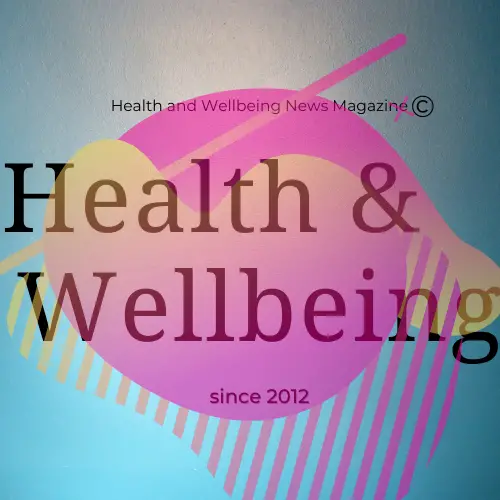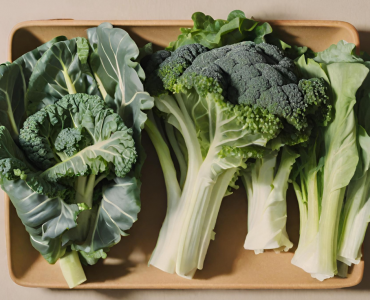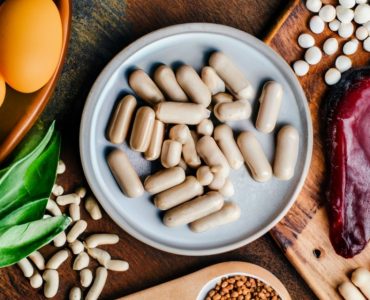Data collected from Canada and Hong Kong during 2009-2010 showed that people who received the seasonal flu vaccine in 2008 had twice the risk of getting the H1N1 “swine flu,” compared to those who hadn’t received a flu shot.
While the initial findings were largely discounted, new research confirms the link between the flu vaccination and an increased risk of more serious bouts of pandemic illness.
There are major differences between naturally acquired immunity and vaccine-induced immunity. With vaccination, you are creating an antibody, but as recent research has confirmed, unvaccinated children naturally build up more antibodies against a wider variety of flu virus strains than vaccinated children.
Vaccines are never 100 percent protective because they provide only temporary, typically inferior immunity compared to that your body would receive from naturally contracting and recovering from a disease.
Benefits of Flu Vaccines in general
The flu vaccine is highly beneficial as it provides crucial protection against influenza, reducing the risk of severe illness, hospitalization, and potential complications, while also contributing to community immunity and preventing the spread of the virus.
Being sick with the flu without having received the vaccine can have several potential consequences. These may include:
Severe Symptoms: Without the protection of the vaccine, individuals are more susceptible to experiencing severe symptoms, which can include high fever, intense body aches, extreme fatigue, and respiratory distress.
Complications: The flu can lead to various complications, especially in vulnerable populations such as young children, elderly individuals, and those with weakened immune systems. These complications may include pneumonia, bronchitis, sinus infections, and ear infections.
Hospitalization: In severe cases, the flu can lead to hospitalization, particularly for individuals with underlying health conditions or weakened immune systems. Hospitalization can be emotionally and financially taxing.
Missed Work or School: A bout of the flu can result in significant absenteeism from work or school, leading to disruptions in daily life and potential academic or professional setbacks.
Economic Impact: In addition to personal health consequences, the flu can also have economic repercussions due to medical expenses, loss of income from missed workdays, and costs associated with medications and treatments.
Spread to Others: Individuals with the flu can unknowingly spread the virus to others, particularly those in close contact, such as family members, friends, and colleagues. This can lead to a wider outbreak within communities.
Long-Term Health Effects: In some cases, the flu can lead to long-term health effects, especially if complications arise. This may include lingering respiratory issues, weakened immune function, or exacerbation of existing health conditions.
Decreased Quality of Life: Enduring the flu without vaccination can result in a significant decrease in one’s overall quality of life due to the physical discomfort, emotional strain, and disruptions to daily routines.
Mental Health Impact: Coping with the flu and its associated symptoms can take a toll on mental well-being, leading to increased stress, anxiety, and even depression.
Loss of Productivity: The flu can lead to decreased productivity both at home and in the workplace, affecting personal and professional responsibilities.
In conclusion, getting sick with the flu without the vaccine can lead to a range of adverse consequences, impacting physical health, emotional well-being, and overall quality of life. It underscores the importance of timely vaccination as a crucial measure in preventing and mitigating the effects of influenza.
What really goes into flu shots. (Don’t watch this if you have a weak stomach!)
Here are five easy steps you can take now to support a healthy immune system:
1. Load up on fruit and veg – aim for at least five portions a day and pick a rainbow selection of colours to get a good range of nutrients.
2. Have a clove or two of garlic a day – this is naturally anti-viral and anti-bacterial.
3. Eat sufficient protein – aim for lean (preferably) organic meat, fish, game, quinoa (a South American grain), eggs, pulses combined with grains, dairy foods or tofu.
4. Herbs and spices contain immune-supporting nutrients – for example, add turmeric to rice; grate ginger into stir fries or on to vegetables; make tea from the Cat’s Claw herb; add aloe vera to drinks.
5. Avoid sugar – it can suppress the immune system.
Both fresh and dried apricots are good sources of beta carotene, the plant from of Vitamin A, which is one of the antioxidant nutrients. It may help prevent cancer, degenerative illnesses and heart disease.
Dried apricots are a useful source of iron, fibre and potassium. When buying dried apricots always go for the unsulphured organic brands. They look brownish and a little un-appetising, but they taste delicious. They are great added to your own muesli.
Breakfast Muesli
Making your own muesli is really easy. Here’s what you need to do:
In a large airtight tub thoroughly mix together 200 grams or 2 cups of each of the following –
- Rolled Oats
- Rye Flakes
- Barley Flakes
- Millet Flakes
Then add 100 grams or 1 cup of each of the following –
- Pumpkin seeds
- Sunflower seeds
- Linseeds (flaxseeds)
- Sesame seeds
If you like nuts you can also add 200gm flaked almonds, hazelnuts, chopped brazil nuts or a mixture of these nuts.
Mix all the ingredients together thoroughly by shaking the sealed tub, or stirring.
Before you go to bed put 2 to 3 heaped dessertspoons of the muesli mix into a bowl and cover the mixture with water or hemp milk. Leave to soak overnight. Soaking makes the grains and seeds easier to digest.
Add a chopped apple or some red berries in the morning and eat!
Supercharge Your Health With Superfoods!
We’ve been told over and over again that you are what you eat. The problem for many of us is that we just don’t know how to eat healthful foods and what’s worse, we don’t know how to prepare them.
Supercharge Your Health answers both of these questions by explaining in clear and concise language what makes these foods super and why we should be eating them. For example, did you know that beans can help regulate blood pressure and blood sugar levels?
Each super food also includes several recipes so you are sure to find one you like.





